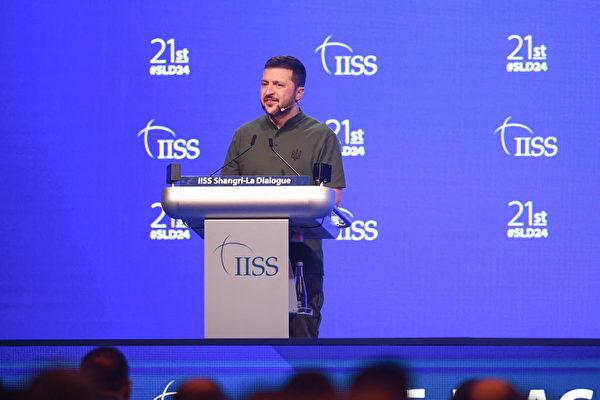News Analysis
Ukrainian President Volodymyr Zelenskyy recently accused Beijing of acting as Moscow’s instrument in supporting Russia’s war on Ukraine and disrupting an upcoming peace summit.

Ukrainian President Volodymyr Zelenskyy recently accused Beijing of acting as Moscow’s instrument in supporting Russia’s war on Ukraine and disrupting an upcoming peace summit.